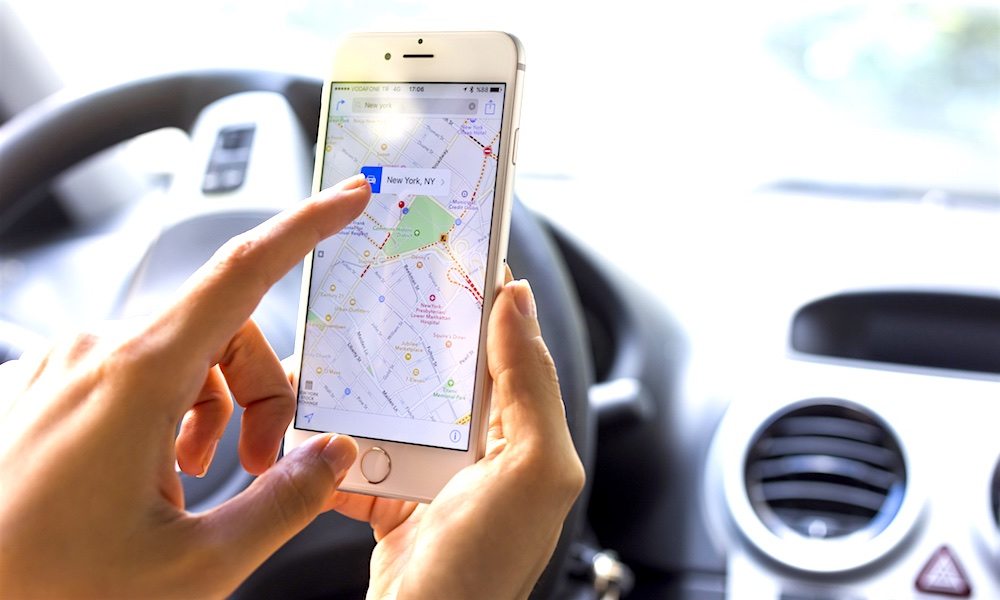Supreme Court Will Decide If Privacy Rights Apply to Your Location Data

Toggle Dark Mode
The U.S. Supreme Court is hearing arguments today for a case that could potentially have a profound impact on the future of digital privacy.
The case, Carpenter v. United States, is centered around the question of whether the Fourth Amendment — which protects U.S. citizens from unreasonable search and seizure — applies to the location data from smartphones that is routinely gathered by cell service providers. Basically, the case could decide whether law enforcement or other authorities can obtain location data from your smartphone without a warrant.
The case has been ongoing for some time. Timothy Carpenter, the defendant in the case, was a mastermind behind a slew of armed robberies in Michigan and Ohio. Carpenter was arrested in 2011, after authorities were able to gather a large amount of location data without a warrant. Carpenter later appealed, arguing that this location data should be covered under the Fourth Amendment.
But law enforcement officials contend that the warrantless collection of data is legally protected by a principle known as the third-party doctrine. This principle states that information you voluntarily share with “someone else” isn’t protected by the Fourth Amendment, as the Electronic Frontier Foundation’s Jennifer Lynch explains.
In other words, because “someone else” is vague, authorities claim that location data is “voluntarily” shared just by using a cell company’s services. And, notably, this is the decision that lower appeals courts have upheld thus far.
On the other hand, the American Civil Liberties Union largely disagree with that assessment. In the words of the ACLU (which is representing Carpenter), the government needs a “good reason” to access this data. Major tech companies, such as Google, Apple and Facebook, also think that the Fourth Amendment should apply to sensitive user data in order to line up “with people’s expectations of privacy in their digital data.”
Now, the Supreme Court seems poised to render what will likely be the final judgment in the case — a decision that could set a precedent for digital privacy in the smartphone age.






